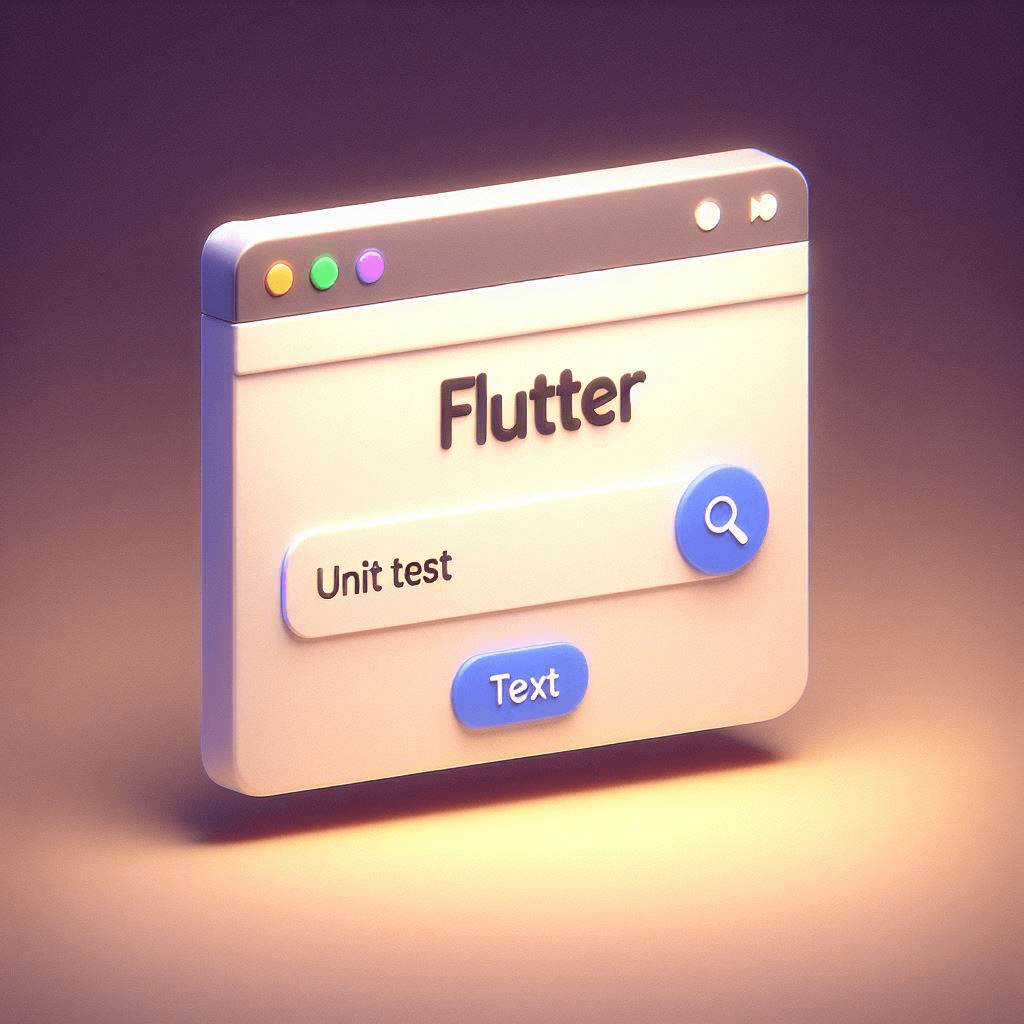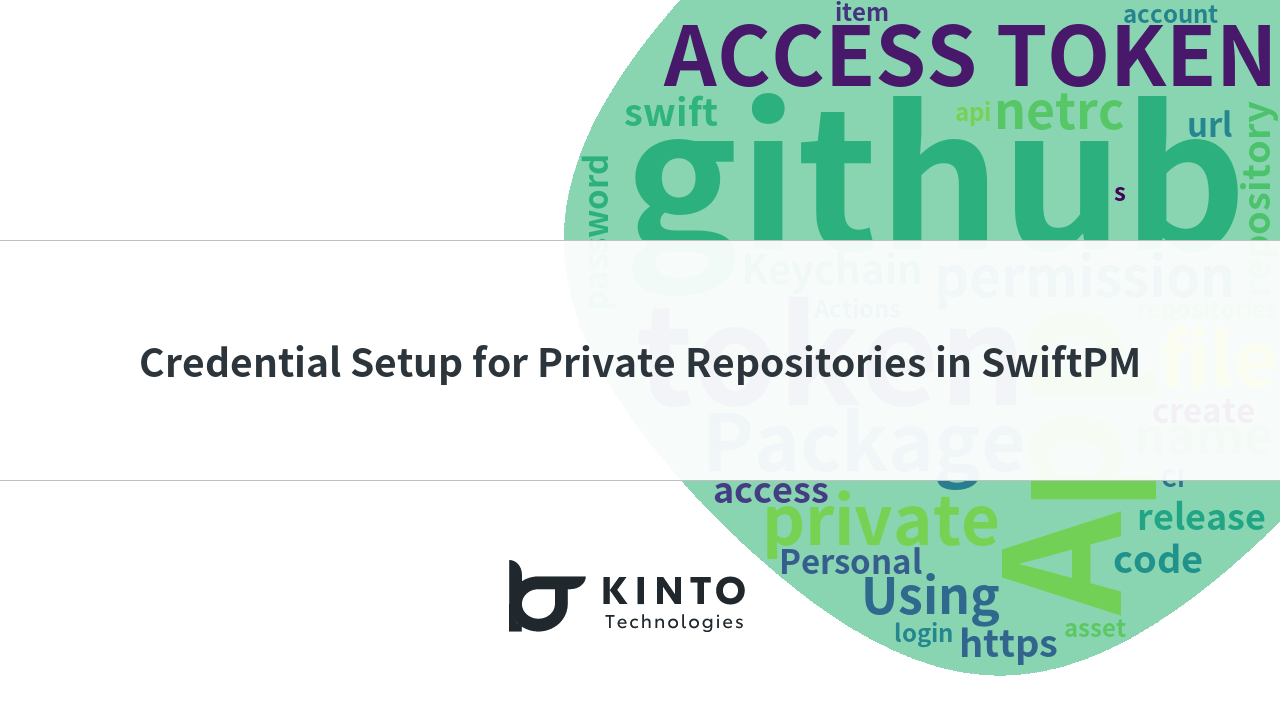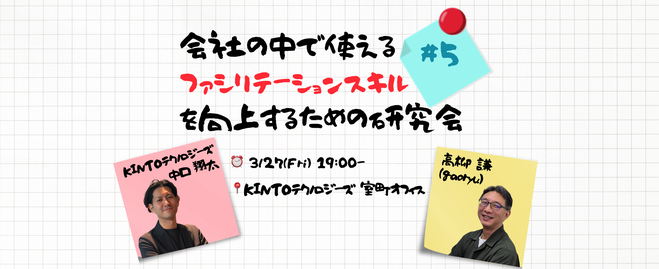Flutterのマルチパッケージの中でローカルのJSONを読み込みたい!

はじめに
Flutterのマルチパッケージプロジェクトでは、アセット管理、特にローカルJSONファイルの読み込みが課題となることがあります。
通常のシングルパッケージプロジェクトとは異なるアプローチが必要となり、開発者を悩ませることがあります。
この記事では、Flutterのマルチパッケージプロジェクトにおいて、ローカルのJSONファイルを効果的に読み込む方法について詳しく解説します。
この記事は KINTOテクノロジーズアドベントカレンダー2024 の23日目の記事です🎅🎄
今回用意したテストプロジェクト
今回、調査のため、マルチパッケージで管理する簡潔なプロジェクトを用意しました。
このプロジェクトは、以下のような構成になっています。
🎯 Dart SDK: 3.5.4
🪽 Flutter SDK: 3.24.5
🧰 melos: 6.2.0
├── .github
├── .vscode
├── app/
│ ├── android/
│ ├── ios/
│ ├── lib/
│ │ └── main.dart
│ └── pubspec.yaml
├── packages/
│ ├── features/
│ │ ├── assets/
│ │ │ └── sample.json
│ │ ├── lib/
│ │ │ └── package1.dart
│ │ └── pubspec.yaml
│ ├── .../
├── analysis_options.yaml
├── melos.yaml
├── pubspec.yaml
└── README.md
Assetにあるファイルを読み込む
一般的なシングルパッケージでのAssetの読み込みは、以下のようにすればできるという説明はよく見かけます。
flutter:
assets:
- assets/ # アセットフォルダを指定
import 'package:flutter/services.dart' show rootBundle;
Future<String> loadAsset() async {
return await rootBundle.loadString('assets/sample.json');
}
公式も同じ様な説明をしています。
実際にAssetからJSONファイルを読み込んでTextにString表示するだけのWidgetを作ってみました。
import 'dart:convert';
import 'package:flutter/material.dart';
import 'package:flutter/services.dart' show rootBundle;
class LocalAssetPage extends StatefulWidget {
const LocalAssetPage({super.key});
LocalAssetPageState createState() => LocalAssetPageState();
}
class LocalAssetPageState extends State<LocalAssetPage> {
String _jsonContent = '';
void initState() {
super.initState();
_loadJson();
}
Future<void> _loadJson() async {
final response = await rootBundle.loadString('assets/sample.json');
final data = await json.decode(response);
setState(() {
_jsonContent = json.encode(data);
});
}
Widget build(BuildContext context) {
return Scaffold(
appBar: AppBar(
title: const Text('Local Asset Page'),
),
body: Center(
child: _jsonContent.isEmpty
? const CircularProgressIndicator()
: Text(_jsonContent),
),
);
}
}
しかし、マルチパッケージでのAssetの読み込みは、この方法ではうまくいきません。

🤨
flutter_genを使ってAssetを読み込む
大抵の場合、マルチパッケージでのAssetの読み込みは、flutter_genを使って解決できます。
flutter_genは、AssetやLocalization等のパスからコード生成をして、タイプセーフにアセットの読み込みが実現できるツールで、マルチパッケージのAssetの読み込みもサポートしています。
flutter_genでマルチパッケージのAssetを読み込むには、以下の設定が必要になります。
flutter_gen:
assets:
outputs:
package_parameter_enabled: true
この設定を入れて、flutter_genを実行すると、マルチパッケージのAssetを読み込むためのコードが生成されます。

そこで生成されたコードを使ってタイプセーフにAssetを読み込むことができます。
上記の例をflutter_genを使って書き換えると、以下のようになります。
import 'package:{YOUR_PACKAGE_NAME}/gen/assets.gen.dart';
Future<String> loadAsset() async {
return await rootBundle.loadString(Assets.sample);
}
実際に以下の様なコードを書くことで、マルチパッケージのAssetを読み込むことができます。
import 'dart:convert';
+ import 'package:feature_flutter_gen_sample/gen/assets.gen.dart';
import 'package:flutter/material.dart';
import 'package:flutter/services.dart' show rootBundle;
class FlutterGenSamplePage extends StatefulWidget {
const FlutterGenSamplePage({super.key});
FlutterGenSamplePageState createState() => FlutterGenSamplePageState();
}
class FlutterGenSamplePageState extends State<FlutterGenSamplePage> {
String _jsonContent = '';
void initState() {
super.initState();
_loadJson();
}
Future<void> _loadJson() async {
+ final response = await rootBundle.loadString(Assets.sample);
- final response = await rootBundle.loadString('assets/sample.json');
final data = await json.decode(response);
setState(() {
_jsonContent = data.toString();
});
}
Widget build(BuildContext context) {
return Scaffold(
appBar: AppBar(
title: const Text('FlutterGen Sample'),
),
body: Center(
child: _jsonContent.isNotEmpty
? Text(_jsonContent)
: const CircularProgressIndicator(),
),
);
}
}
ファイルのパスが構造化されるので、とてもキレイですね!
チーム開発のAsset管理はこれで安心です。
ですが、なるべくツールに頼らない方法を取りたい場合も多々ありますよね?
次はその方法についてもお話します。
flutter_genを使わないでAssetを読み込む
flutter_genを使わずにマルチパッケージのAssetを読み込む方法ももちろんあります。
その場合は、以下のルールでパスを指定することでAssetを読み込むことができます。
- パッケージ名は、そのassetが格納されているPackageのpubspec.yamlのnameに指定した名前になります。
- フォルダパスは、そのPackageのpubspec.yamlのassetsに指定したパスになります。
name: local_asset
...
flutter:
assets:
- assets/
import 'dart:convert';
import 'package:flutter/material.dart';
import 'package:flutter/services.dart' show rootBundle;
class LocalAssetPage extends StatefulWidget {
const LocalAssetPage({super.key});
LocalAssetPageState createState() => LocalAssetPageState();
}
class LocalAssetPageState extends State<LocalAssetPage> {
String _jsonContent = '';
void initState() {
super.initState();
_loadJson();
}
Future<void> _loadJson() async {
+ final response = await rootBundle.loadString('packages/local_asset/assets/sample.json');
- final response = await rootBundle.loadString('assets/sample.json');
final data = await json.decode(response);
setState(() {
_jsonContent = json.encode(data);
});
}
Widget build(BuildContext context) {
return Scaffold(
appBar: AppBar(
title: const Text('Local Asset Page'),
),
body: Center(
child: _jsonContent.isEmpty
? const CircularProgressIndicator()
: Text(_jsonContent),
),
);
}
}
このようにして、flutter_genを使わずにマルチパッケージのAssetを読み込むことができます。
小規模プロジェクトや、個人開発ではこの方法でも十分に対応できそうです。
このパスの作成ルールが理解できておらず、ファイルの相対パスを指定したり、パスの設定を色々工夫してみたりしましたが、
そもそもエラーでビルドできなかったりととても苦戦しました...
pubspec.yamlで指定するパスについて
ローカルでアセットを管理する時に、pubspec.yamlで指定するパスについても注意が必要です。
assetsのパスは、pubspec.yamlからの相対パスで指定しますが、
/assets
と/assets/{サブフォルダ}
の扱いにも注意が必要です。
以下の様にJSONファイルをサブフォルダに移動した場合、
├── packages/
│ ├── features/
│ │ ├── assets/
│ │ │ └── jsons/
│ │ │ └── sample.json <<< HERE
│ │ ├── lib/
│ │ │ └── package1.dart
│ │ └── pubspec.yaml
│ ├── .../
僕はてっきり /assets と指定すれば、/assets/{サブフォルダ} 以下のファイルも読み込めると思っていましたが、
loadStringのパスを packages/local_asset/assets/jsons/sample.json に変更しても読み込めなくなります。
サブフォルダに移動した場合は、以下の様にサブフォルダを明示的に指定する必要があります。
flutter:
assets:
- /assets/jsons/
これで、packages/local_asset/assets/jsons/sample.json をロードできる様になりました。
サブフォルダで細かくアセットを管理するのであれば、サブフォルダの指定もpubspec.yamlに追加するのを忘れない様にしないといけません。
ちなみに、ここまで assets フォルダで話をしていましたが、このフォルダ名も変更できます。
pubspec.yamlと実際のパス構成が合っていれば、 assets フォルダ以外でも問題なく読み込めます。
まとめ
今回はFlutterのマルチパッケージの中でローカルのJSONを読み込む方法についてお話しました。
普段はiOSの開発がメインなので、簡単にできるだろうと思っていたのですが、意外と苦労しました。
マルチパッケージ下での開発手法はまだあまり情報がない様なので、今後もこういった情報があれば共有していきたいと思います。
関連記事 | Related Posts

Flutterのマルチパッケージの中でローカルのJSONを読み込みたい!

Are You Unit Testing with Flutter Web?

Flutter Webで単体テストしてますか?

How I Learned to Work with AI by Programming with GitHub Copilot (Mobile Engineer Edition)

Flutter Development Efficiency: A Step-by-Step Guide to Automating Web Previews Using GitHub Actions and Firebase Hosting

Credential Setup for Private Repositories in SwiftPM
We are hiring!
シニア/フロントエンドエンジニア(React/Typescript)/KINTO中古車開発G/東京・大阪・福岡
KINTO開発部KINTO中古車開発グループについて◉KINTO開発部 :66名 KINTO中古車開発G:9名★ KINTOプロダクトマネジメントG:3名 KINTOバックエンド開発G:16名 契約管理開発G :9名 KINTO開発推進G:8名 KINTOフロントエンド開発G...
【ソフトウェアエンジニア(メンバークラス)】共通サービス開発G/東京・大阪・福岡
共通サービス開発グループについてWebサービスやモバイルアプリの開発において、必要となる共通機能=会員プラットフォームや決済プラットフォームなどの企画・開発を手がけるグループです。KINTOの名前が付くサービスやKINTOに関わりのあるサービスを同一のユーザーアカウントに対して提供し、より良いユーザー体験を実現できるよう、様々な共通機能や顧客基盤を構築していくことを目的としています。

![[Mirror]不確実な事業環境を突破した、成長企業6社独自のエンジニアリング](/assets/banners/thumb1.png)

